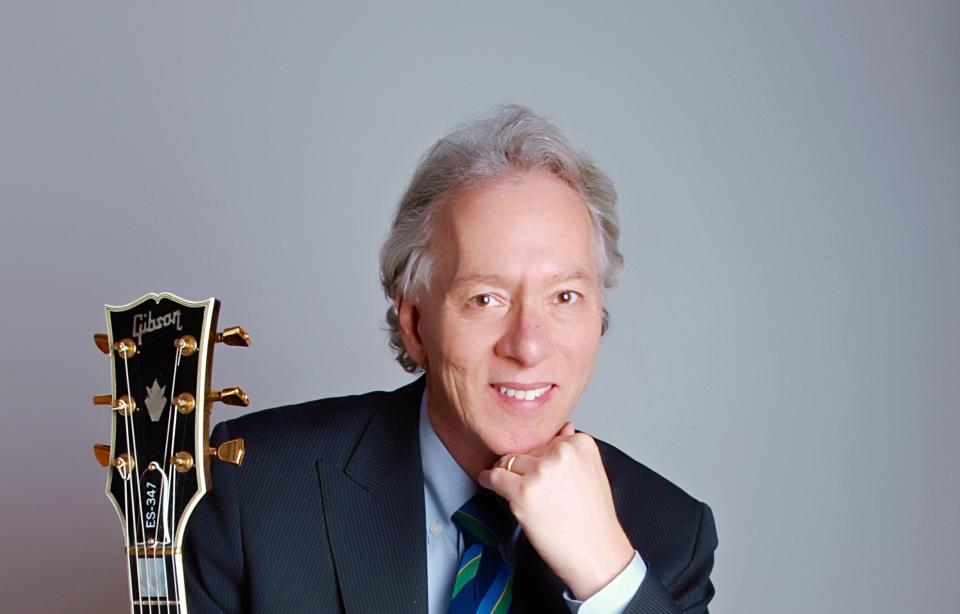
Key Factors That Affect the Value of Your Store

When a retailer approaches me to talk about succession planning, here’s how a typical conversation goes:
Retailer: My store grosses about $1 million a year. What’s the most I can get for my store?
Me: Sounds like you've built up a successful business. Congratulations, but I believe you are asking the wrong question.
Retailer: What do you mean?
Me: I mean a much better question to ask is: Under the right terms and conditions, assuming we get everything right regarding the running of our business, over the next numbers of years, with solid reoccurring cash flow and earnings, what’s the maximum value I can create for me and the new owner?
Now that is a more elegant question, is it not? Valuation is easy to understand if you look at it from the buyer’s perspective. The greater the perception of risk, the higher reward.
I once spoke with music retail financial expert Alan Friedman, CPA, of the firm Friedman, Kannenberg & Co. and asked him to explain why some stores receive a higher multiple than others.
“Most music stores are bought on a multiple of earnings,” he said. “If I can assure myself the business will throw off $200,000 a year, after I pay myself a reasonable officer salary or pay someone a salary to do a job the prior owner is doing, and I can generate $200,000 in cash, maybe I’d be inclined to offer $1 million for the business, a 20-percent return on the buyer’s money.
“The multiple is nothing more than a measure of risk. The potential buyer may be only willing to pay three times or four times earnings. Generally you don’t see multiples higher than six times earnings on the top end of the range.”
Think of it this way. If you have a buyer offering you four times earnings, the person is requiring a 25-percent return on his or her investment. On the other hand, if you have a buyer offering you five times earnings, the person sees less risk and is prepared to accept a 20-percent return.
You can see the relationship; the higher the multiple offered, the lower the perceived risk.
On the flip side, if a buyer is only offering you two times earnings, the person see significant risk and requires a 50-percent return on the investment.
So the holy grail in maximizing the valuation is to improve cash flow and earnings as net income (aka, the bottom line).
There will always be external factors that may also influence the selling price. These factors include: interest rates, stock market prices, the availability of capital and the availability of other music stores for sale in your market.
So what are the primary valuation drivers for a music retailer or music school?
• A diversified line of products and/or services.
• Talented management that can run without the new owner.
• Positive cash flow and consistent net income.
To receive the highest possible price upon the sale of your business, you need to plan for and manage those factors the day you open your business. Build your business with your exit strategy in mind.
So what are you waiting for?
Jaimie Blackman is the creator of MoneyCapsules and president of BH Wealth Management, which offers solutions to help guide music retailers and manufacturers through the complexities of succession planning. He's also a columnist for Music Inc. magazine and has spoken at the NAMM Idea Center. To subscribe to his Succession Success: Insights for Music Retailers newsletter, visit moneycapsules.com.